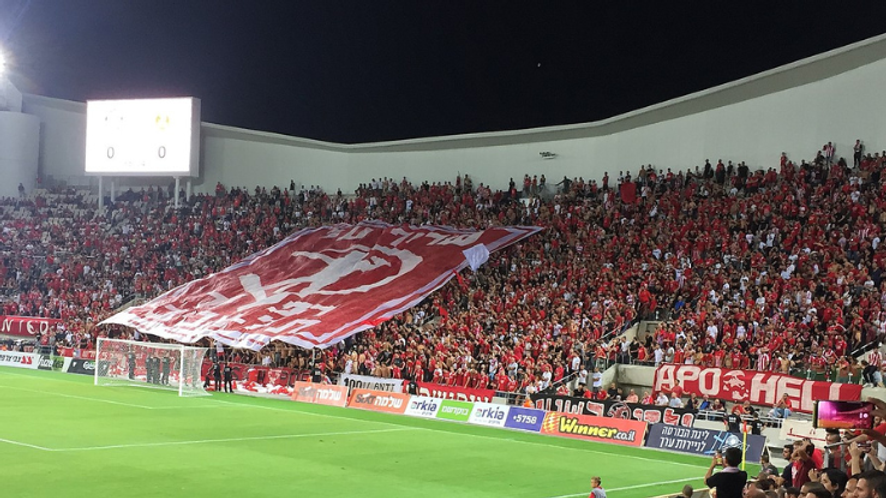Do Not Open an Investigation of Yair Netanyahu for "Spreading Defeatist Propaganda"
- ACRI
- Jan 10, 2024
- 2 min read
According to a news report from January 2024, the Deputy State Prosecutor for Special Duties is considering ordering an investigation of Yair Netanyahu, son of Prime minister Benjamin Netanyahu, on suspicion of disseminating defeatist propaganda. This consideration came following Netanyahu Jr.'s posts on his Telegram channel, in which he criticized a High Court ruling, the army and the various command bodies. On January 10, 2024, ACRI sent legal correspondence (Hebrew) to the Deputy State Attorney for Special Duties and expressed our reservations against incriminating Yair Netanyahu's statements and the use of an offense that prohibits the dissemination of defeatist propaganda in wartime. This is regardless of the repulsion caused by his words, and in light of the acute need to protect freedom of expression, especially in times of war.
The prohibition on defeatist propaganda is part of the chapter in the Penal Code that prohibits treason, which includes offenses involving infringement of state sovereignty and integrity. According to our examination, the prohibition on disseminating defeatist propaganda in wartime was not used until the recent Israel-Hamas war, and even since October 7, it has been used only once (which ended in an acquittal on the basis of the defendant's mental state).
In the legal correspondence, Attorney Hagar Shechter insisted that the very announcement of the examination of the possibility of investigating a person for this offense creates a chilling effect on statements that concern legitimate criticism of the Israeli Army or the dissemination of information about the state of the war. Therefore, this article should be used only in rare and extreme cases, in which the publication goes beyond criticism of state institutions – however blatant and provocative it may be – and amounts to the dissemination of information whose content and character are intended to undermine the sovereignty of the state and negate the army's ability to defend its security. In all other cases, criticism of the military, court, government, or opposition is protected by freedom of expression. Even if it undermines morale within the army, it is part of the democratic space that is essential to maintain also, and perhaps primarily, in times of war.








